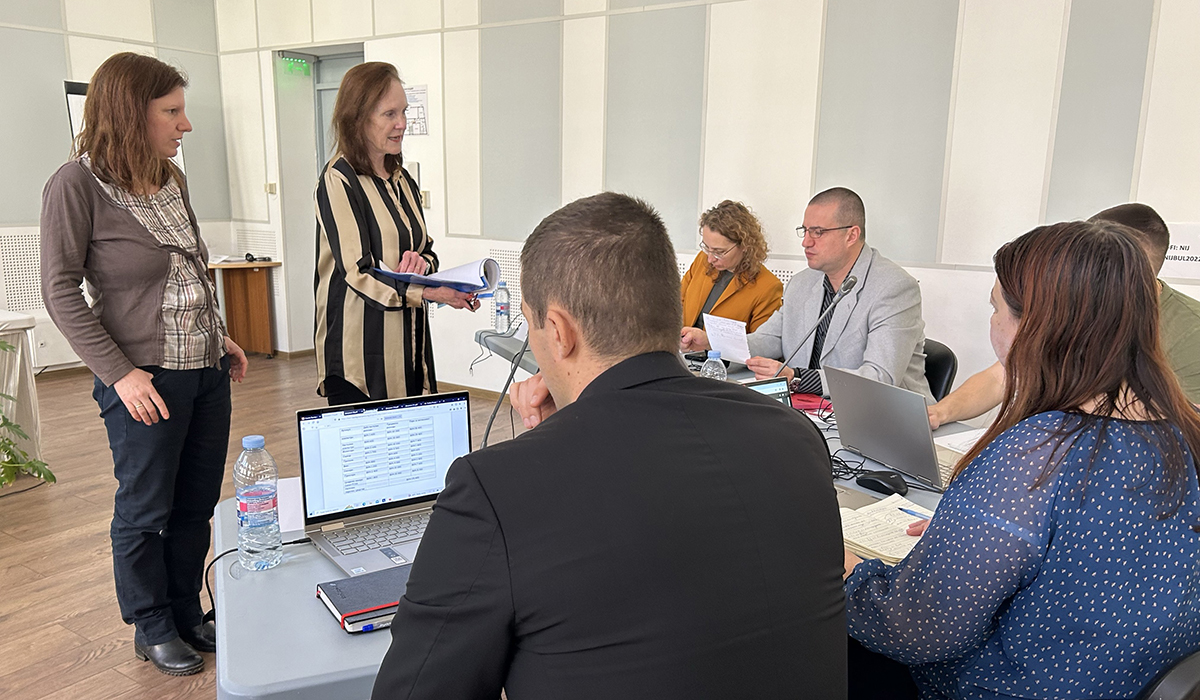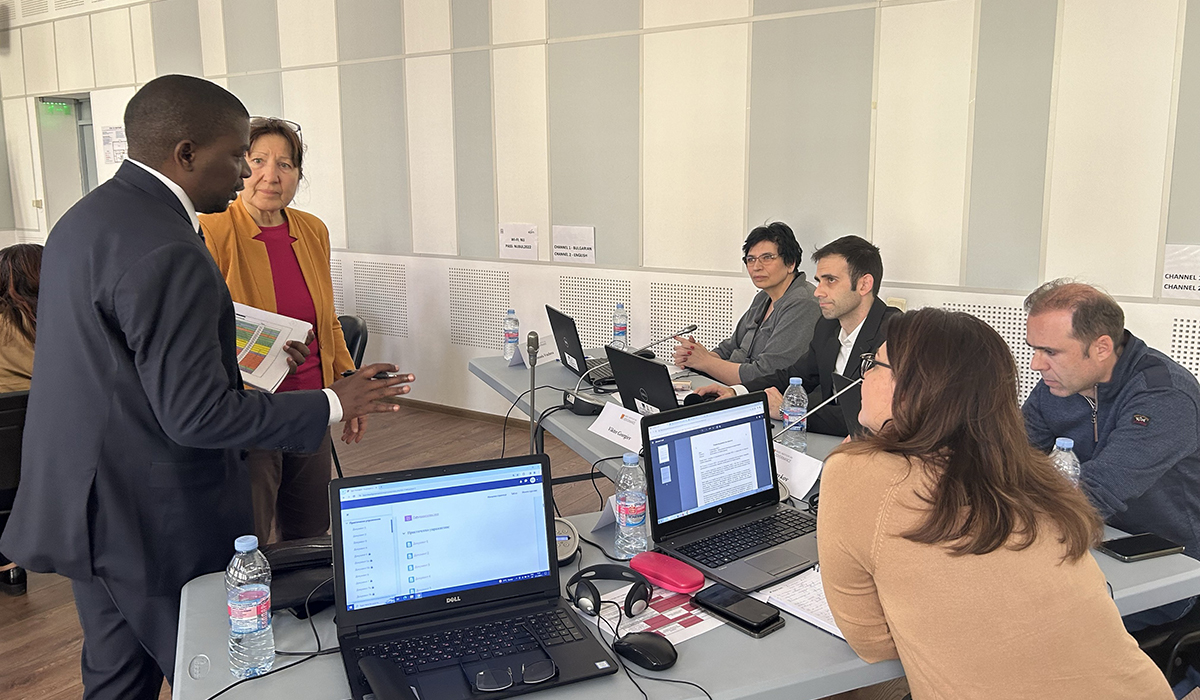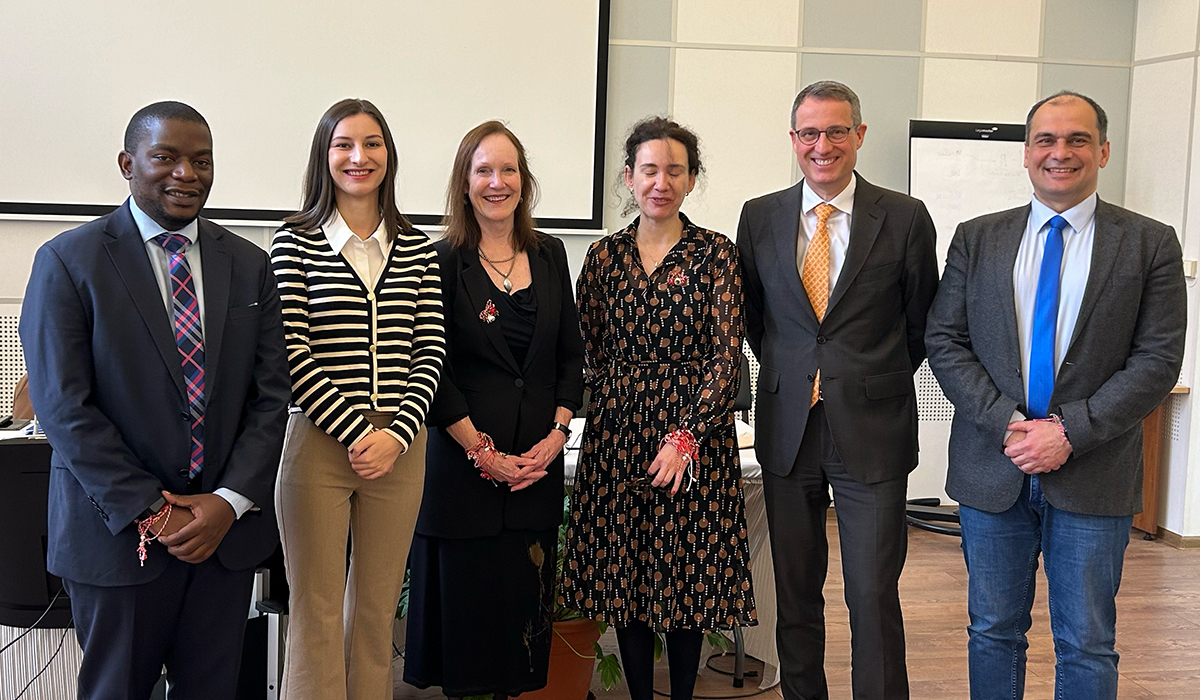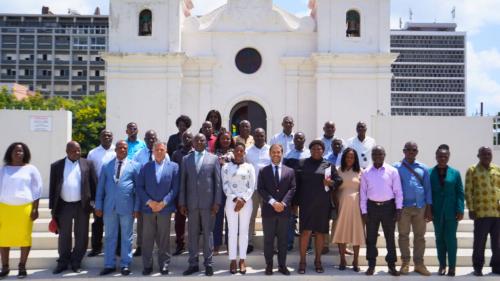Cutting corruption in public procurement in Bulgaria: legal reforms and multi-agency training
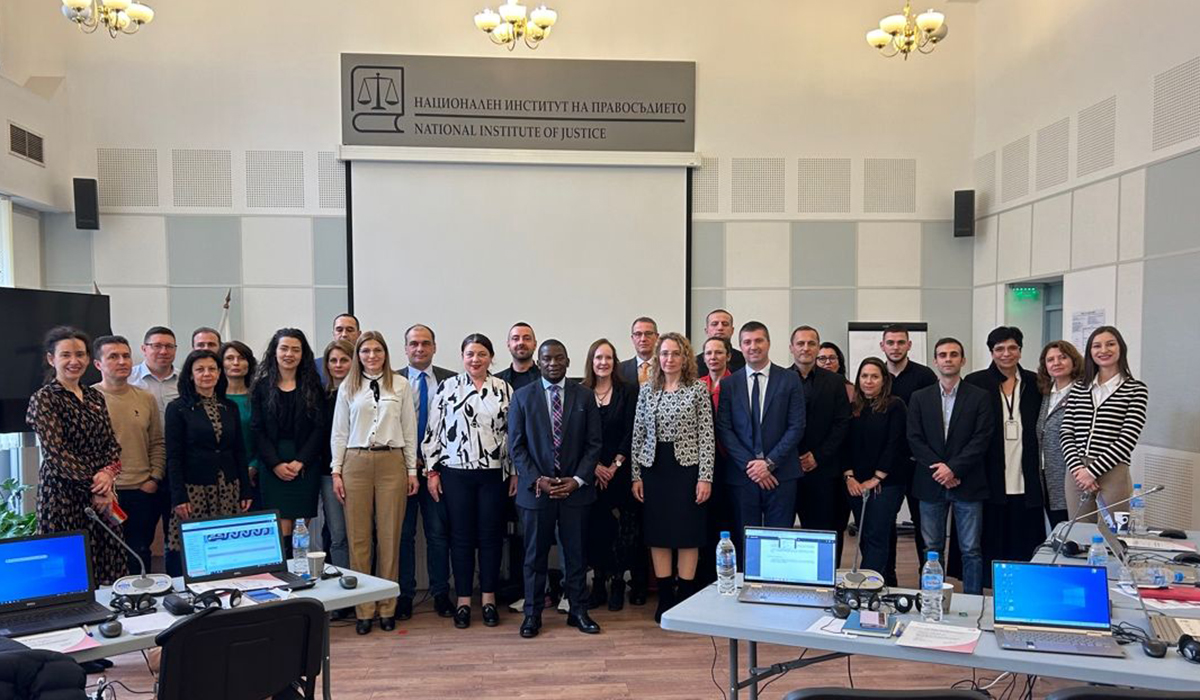
Corruption and fraud risks in public procurement are a concern all over the world – including Bulgaria, where scandals around infrastructure and procurement projects damage trust in government, drain the public budget and may also affect EU development funds.
The good news is that Bulgaria is taking steps to address these risks. On the prevention side, this includes important reforms to its procurement legislation in 2023 that will help it comply with EU legislative requirements and commitments under the National Recovery and Resilience Plan as well as to prepare for future OECD membership. The Public Procurement Act provides for the establishment of an expert advisory council to the Minister of Finance, which will analyse implementation of the law and issue guidelines to harmonise audit controls. The Basel Institute has been asked to provide assistance in establishing the council and advising its members.
On the enforcement side, the country is also working hard to strengthen the capacity of law enforcement agencies to detect, investigate and prosecute corruption in infrastructure projects and procurement and to recover stolen funds.
In support of these efforts, the Training Team of our International Centre for Asset Recovery (ICAR) led a specialised training programme on Corruption in Infrastructure Projects and Procurement in the Bulgarian capital Sofia last week. Funded by the Swiss Agency for Development and Cooperation (SDC) under the Swiss-Bulgarian Cooperation Programme, the five-day workshop brought together 23 participants including investigators, prosecutors and judges as well as representatives from state anti-corruption, public procurement and auditing agencies. Half of the participants were women.
Red flags and recovered assets
The training workshop centred on a simulated investigation into the (fictitious) Deputy Director of the Road Infrastructure Agency.
The participants worked in task force groups to identify red flags and unravel the complex schemes used by the favoured contractor to manipulate public tenders. They revealed the clever methods that the Deputy Director used to secure bribes and kickbacks and collected evidence to prove the corruption and money laundering offences in court.
The recovery of stolen assets laundered domestically in Bulgaria as well as in the European Union and globally was a significant focus.
Participants commented on the professionalism of the trainers, Phyllis Atkinson and Tom Walugembe, with one highlighting the value of “learning directly from individuals who have been involved in major cases in the past”.
They also emphasised the balance between theory and practice and the “engagement of the participants with a specific case”, followed by presentations by each group on different aspects of the investigation and asset recovery process covered during the week.
Enhancing enforcement capacity
The workshop took place at the National Institute of Justice, whose mission is to develop knowledge, skills and competencies in Bulgaria's judicial system and thus promote the rule of law.
Opening the workshop, Emil Dechev, Deputy Minister of Justice, pointed out that the training was a natural continuation of earlier training under a partnership between the Basel Institute and the Bulgarian Government.
He emphasised the importance of enhancing capacity to investigate corruption and money laundering in this area, as the biggest losses for the Bulgarian national budget lay in public procurement. If Bulgaria could stem the outflow of money, he said, it would be able build roads and other critical infrastructure and allow Bulgarians to live more comfortably.
The workshop was closed by Thomas Stauffer, Head of the Swiss Contribution Office in Bulgaria, who emphasised the importance of the training for the success of the country’s national agenda. He stated that procurement was one of the most important and visible fields in which corruption was experienced, where private interests were served at the expense of all.

